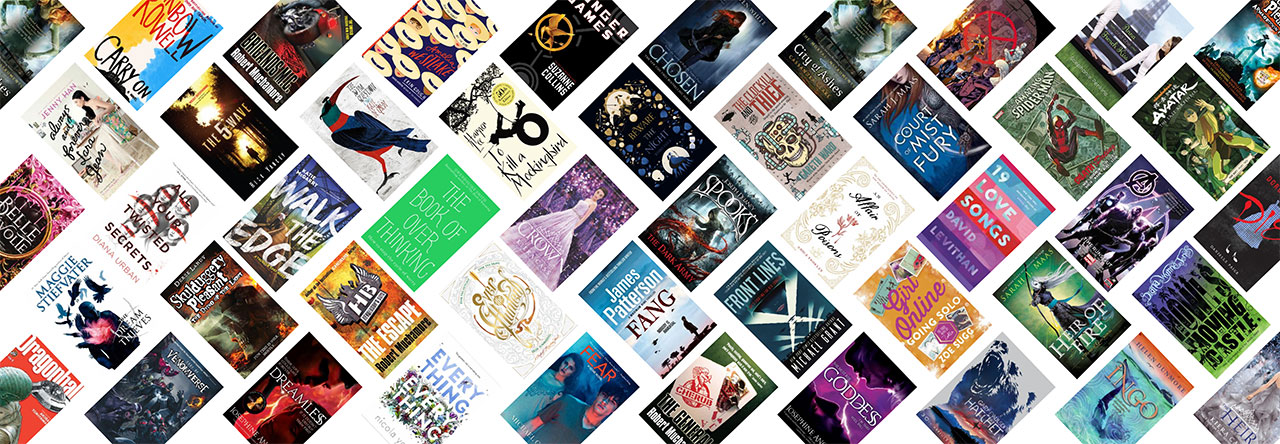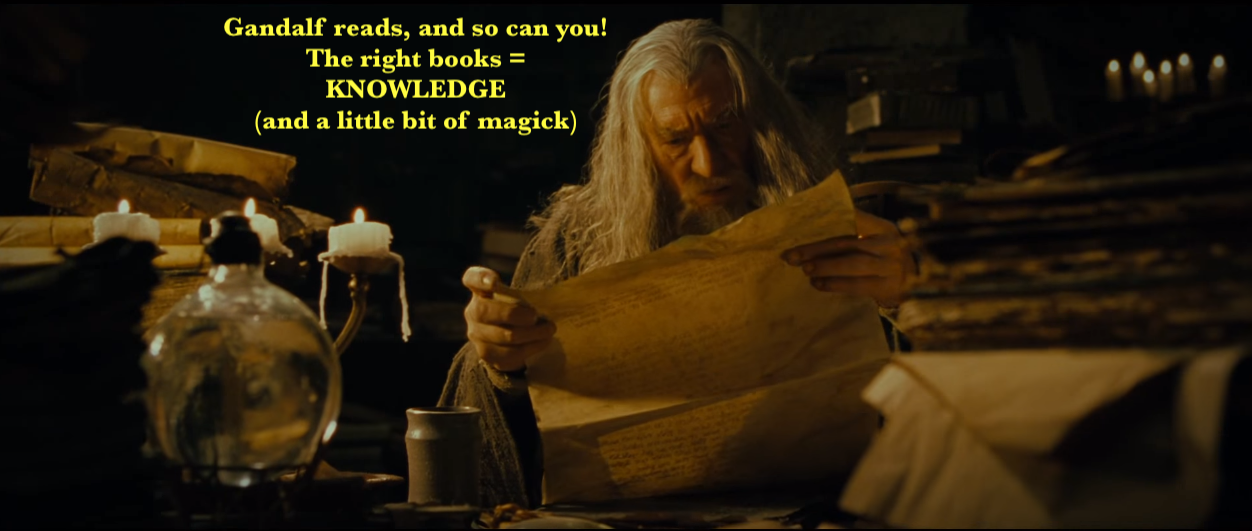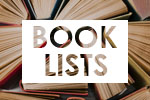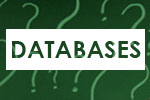It’s almost time for summer holidays, but first the dreaded NCEA season is approaching. Have you barricaded yourself in your room with an ungodly amount of snacks yet? Have you spent the required 2.5 hours debating aesthetic highlighter choices for your study notes? Do you know when your exams are? These, and the list below, are all equally important things to consider when preparing for your exams.

Controversial librarian take: I wish we could shelve these study guides by colour instead of by call number. [Editor’s note: HOW VERY DARE YOU! (also, yes). -SC]
1: Use the official study guides.
No shade to the NCEA system, but when I was a teen you would literally see questions in the study books that would then turn up, ALMOST VERBATIM, in the exam. This is because, though it can be hard to believe, the people that write your tests want you to succeed. Making your way through these guides is therefore something you do not want to miss out on. If you don’t have a copy of the study guides, no worries, we have copies at most of our libraries. Click here to find ’em all.
2: Practice with past exams.
Following the previous tip, you can go to the official NCEA website and take past exams. You can them come print them off at the library if you like!
Extra for experts: Practice completing your exams within the time limit that you will have on the day, with no looking things up! The closer you can get to practicing in actual test conditions, the less stressed you’ll hopefully get on the day.
3: Don’t leave it to the last minute.
Trying to revise a whole year of work in a day is impossible. Saying “today I will study for 4 hours” is vague. Try setting specific and manageable goals. Make a plan that breaks down exactly what you intend to revise, and what day you will do it on. This means that, when you sit down to study, you won’t have to waste brain energy figuring out where you should start. You could pair this with a cute to-do list or calendar to track your progress. You could even incorporate cute stamps or stickers. You are never too old or cool for stickers. I guess what I am trying to say is that if you can find an excuse to go get some cute stationery, you should do it. I am not sponsored by Big Stationery, but gosh I wish I was. Anyway, back to studying, this leads me to my next tip…
4: Take breaks!
The fact is that, although it sounds very impressive to say “I’m going to study for 5 hours today”, most people need to take breaks. Exactly how long/how many will depend on your brain! I have looked briefly around at various resources and a common suggestion is 45 mins of work, then 15 mins of downtime to recharge, so maybe try that and then change it up to find what works best for you.
On this note, although it may be tempting to use that break time to zone out with your phone, I challenge you to give yourself a proper rest from your screen. Try going for a walk outside, making yourself a hot drink, eating a snack or lying in the sun listening to music. Find an activity that you enjoy that lets your mind wander, but that isn’t a procrastination trap.
5: Have a study group/buddy.
This could take many different forms! Are you more likely to study if you sit with a group of friends who are hard at work? Do you prefer learning facts if there’s a chance to get competitive about it? Do you find it easier to understand concepts if you talk them out with someone? There’s heaps of reasons to add a social aspect to your studying! Sidenote: you could also incorporate some mild hijinks into your study day. For example, me and my friends once all met for a library study session in Where’s Wally outfits. We then took breaks to play real life Where’s Wally in the library. Yes, we were studying for a theatre class. Yes, we were fully grown adults at university. Yes, I am still extremely cool.
6: Make it a e s t h e t i c .
Here’s where you get to use those fancy new highlighters. After revising a concept, condense what you have learned into a mind map/flow chart/summary page. This will then be a helpful tool for when you want to briefly look over a topic. It’s also a nice safety blanket for exam day.
7: GET RID OF DISTRACTIONS.
Put your phone on silent, in a shoe box, and throw it into the ocean. Maybe not in the ocean, but keep that thing as far out of your study zone as possible.
Headphones can be really helpful if your study space isn’t very peaceful, os if you have annoying siblings you need help ignoring. I suggest playing ambient music or lo-fi hiphop beats, whatever helps you separate yourself from any distracting sounds. Related to this, the teen blog team here at WCL might be cooking up something very interesting for you.
Extra for expert: Turn your Wi-Fi off. Don’t be online at all until you are finished studying. As an ancient person who sat my NCEA exams before it was common to have wi-fi at home, I can assure you it’s possible to study without constantly being online.
8: …it’s like a reward.
End your study session with a treat. Have some Tiktok or video game time to reward yourself for a hard day of studying. You could also plan a fun hang-out with your friends later in the day, that way you have a set time where you have to be done studying by. Deadlines can be very helpful!
~Extra hard mode~: You can only text your crush back once you finish studying. Honestly, I would not be surprised if this helps a person learn a concept faster.
Helpful books!
Learning how to learn : how to succeed in school without spending all your time studying / Oakley, Barbara A.
“A surprisingly simple way for students to master any subject… “Learning How to Learn” have empowered more than two million learners of all ages from around the world to master subjects that they once struggled with. Now in this new book for kids and teens, the authors reveal how to make the most of time spent studying. — Provided by publisher.” (Adapted from Catalogue)
How to be a knowledge ninja : study smarter, focus better, achieve more / Allcott, Graham
“Paralysed by procrastination? Harness some Ninja Focus to get things started. Overwhelmed by exam nerves? You need some Zen-like Calm to turn those butterflies into steely focus. Surrounded by too many scrappy notes and unfinished to-do lists? Get Weapon-savvy with the latest organizational technology.” (Catalogue)
The study skills handbook / Cottrell, Stella
“Your essential companion for succeeding with your studies. Bestselling author Stella Cottrell equips you with the skills you need to improve your grades, build your confidence and plan for the future you want. Recognising that we each have a unique formula for success, her tried and trusted approach helps you find the key to unlock your potential.” (Catalogue)
How to study / Fry, Ronald W
“Best-selling HOW TO STUDY, SEVENTH EDITION reveals the study skills that all students need to know in order to be successful, whether the goal is landing a top scholarship or excelling in school. This edition includes information on how to create an effective work environment, stand out in class, use the library, conduct research online, and much more. Plus, author Ron Fry covers all the traditional elements of a winning study strategy, such as reading, writing, time-management, memory, and test-taking skills. HOW TO STUDY, SEVENTH EDITION introduces a revolutionary study system, along with examples, that gives students the edge in any learning environment.” (Catalogue)




